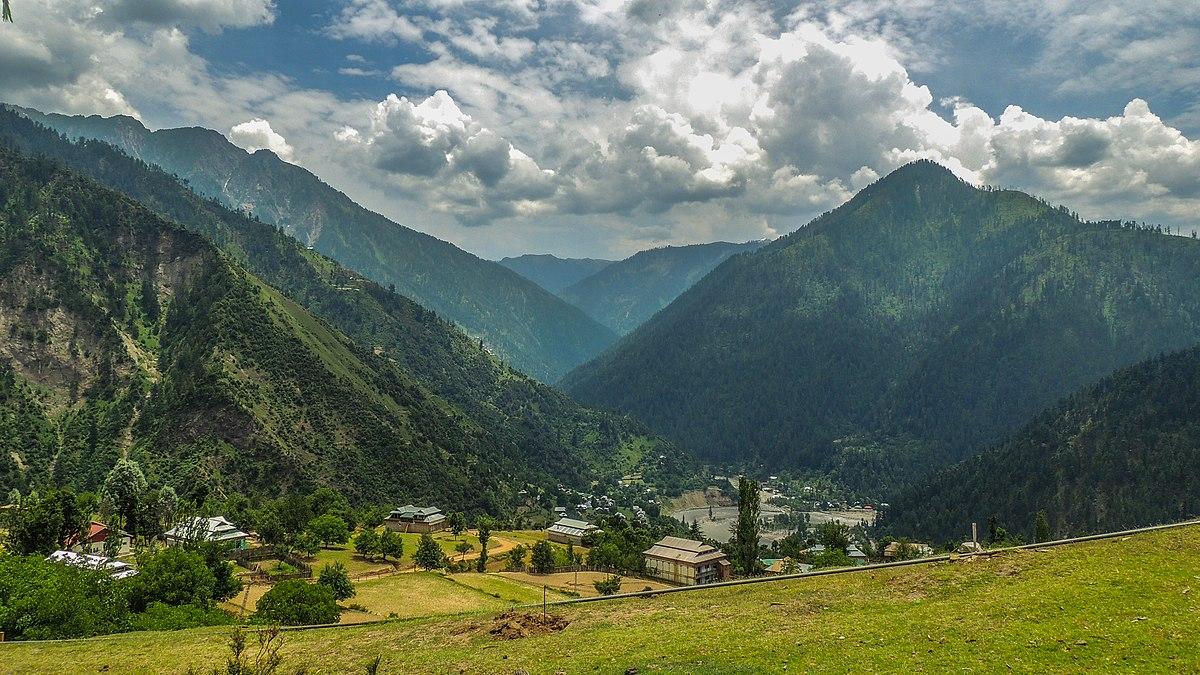Nestled in the northernmost region of India, Kashmir is often described as “Paradise on Earth” for its breathtaking landscapes—snow-capped peaks, serene lakes, and verdant meadows. But beyond its scenic allure lies something equally enchanting: the warm, generous, and deeply rooted tradition of hospitality. Kashmiri hospitality isn’t just a cultural practice; it is a way of life that reflects the soul of its people. Whether you are a guest in a luxurious houseboat or a humble village home, the reception is always heartfelt, sincere, and steeped in tradition.
1. The Ethos of ‘Mehmaan Nawazi’
At the heart of Kashmiri hospitality is the concept of mehmaan nawazi, a Persian term that translates to ‘honoring the guest’. In Kashmir, guests are not just welcomed—they are revered. A traditional saying in the region goes, "Atithi Devo Bhava", meaning the guest is equivalent to God. This is not mere rhetoric; it manifests in everyday gestures, from warm greetings to generous servings of food and heartfelt conversations.
The locals take immense pride in treating visitors with respect and affection, often going out of their way to ensure their comfort. Even in the most remote villages, where resources might be limited, the willingness to share whatever is available is unwavering. It’s not uncommon for hosts to offer their best room, serve their finest dishes, or even give up their own beds for the sake of their guests.
2. The Role of Kashmiri Cuisine
Food is central to Kashmiri hospitality. No guest is considered truly welcomed until they have been fed—a lot. The Kashmiri kitchen is a treasure trove of rich, aromatic, and labor-intensive dishes. The famed Wazwan, a traditional multi-course meal, is the epitome of Kashmiri culinary art and hospitality.
Wazwan is more than just a feast; it is a ceremonial experience. Prepared by skilled chefs called wazas, the meal can consist of up to 36 dishes, with an emphasis on mutton, chicken, fish, and paneer, flavored with exotic spices like saffron, cardamom, and Kashmiri chili. Dishes such as Rogan Josh, Gushtaba, and Yakhni are not only delicious but symbolically important—offering them signifies honor and esteem.
Even a casual guest will be offered Kehwa (a traditional green tea with saffron and almonds) or Noon Chai (salted pink tea), often accompanied by a variety of breads like Girda or Lavasa. Refusing food is considered impolite—not because of offense, but because of the host’s genuine desire to nourish and please.
3. The Warmth of the Home
Kashmiri homes are designed to accommodate guests. Traditional homes often have a daankuth (a guest room) kept tidy and ready at all times. The use of Kangris (a traditional firepot) and Namda (embroidered floor rugs) creates a cozy, inviting space during harsh winters, encouraging long conversations and storytelling sessions.
Hospitality is extended not just through amenities but also emotionally. Hosts engage with their guests, ensuring they are never left feeling lonely or unattended. The emphasis is on making one feel “at home away from home,” with every detail—no matter how small—taken into consideration.
4. The Influence of Sufi and Islamic Traditions
Much of Kashmiri hospitality is influenced by Sufi philosophy and Islamic teachings that emphasize kindness, generosity, and brotherhood. In Islam, treating guests well is a religious obligation, and in Kashmir, where spirituality and daily life intertwine closely, this teaching is deeply embedded in the cultural psyche.
Sufi saints who came to Kashmir centuries ago preached love, tolerance, and service to others. Their influence remains strong in Kashmiri households, where warmth and respect toward guests are seen as reflections of spiritual piety and moral duty.
5. A Culture of Storytelling and Emotional Connection
Hospitality in Kashmir is not transactional—it’s relational. A visit is not merely about accommodation or food; it’s about connection. Hosts are eager to share stories, folklore, and insights into their way of life. Visitors often find themselves drawn into conversations that range from family histories to philosophical musings, from political insights to poetry.
This storytelling tradition not only bridges the gap between locals and outsiders but also humanizes the experience of visiting a place often misunderstood due to geopolitical tensions. It’s through these personal interactions that travelers get a true sense of the region’s soul.
6. Resilience in Adversity
One of the most extraordinary aspects of Kashmiri hospitality is how it persists, and even flourishes, despite decades of political unrest and conflict in the region. Tourism has ebbed and flowed with the security situation, but the people’s warmth remains constant.
Kashmiris continue to welcome visitors with open arms, often using hospitality as a form of resistance against the narrative of fear. In many ways, their generosity becomes a testament to their resilience and hope. It’s not uncommon to hear travelers say that the warmth of the people far outweighed any apprehensions they had about visiting the region.
7. Modern Adaptations with Traditional Roots
While the essence of Kashmiri hospitality remains rooted in age-old customs, it has also evolved with time. Boutique hotels, eco-resorts, and homestays are now offering personalized experiences that combine luxury with traditional warmth. Many young entrepreneurs are reviving traditional crafts and cuisine, offering immersive experiences for visitors.
Yet, even in these modern settings, the core values remain untouched: respect for the guest, generosity of spirit, and an unwavering desire to make one feel welcome.
Conclusion
Kashmiri hospitality is a reflection of the region’s rich cultural tapestry, spiritual depth, and human warmth. It goes beyond politeness or service—it is an expression of identity and an offering of the heart. In a world increasingly defined by haste and superficial interactions, the genuine care and effort that Kashmiris invest in hosting others stand out as a powerful reminder of our shared humanity.
To visit Kashmir is to experience a landscape of stunning natural beauty—but to stay in a Kashmiri home is to encounter something even more unforgettable: the beauty of the people, their stories, and their unyielding spirit of welcome.
